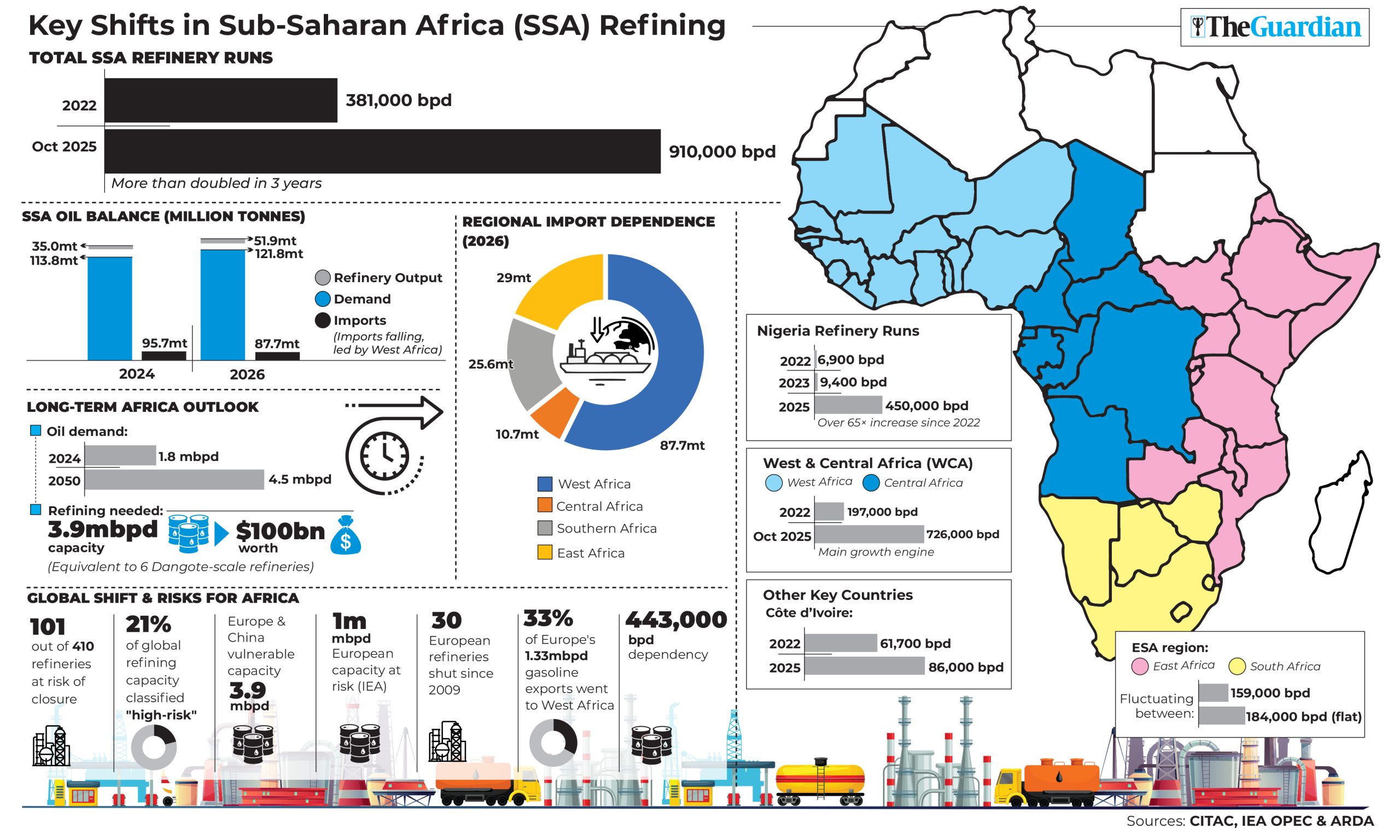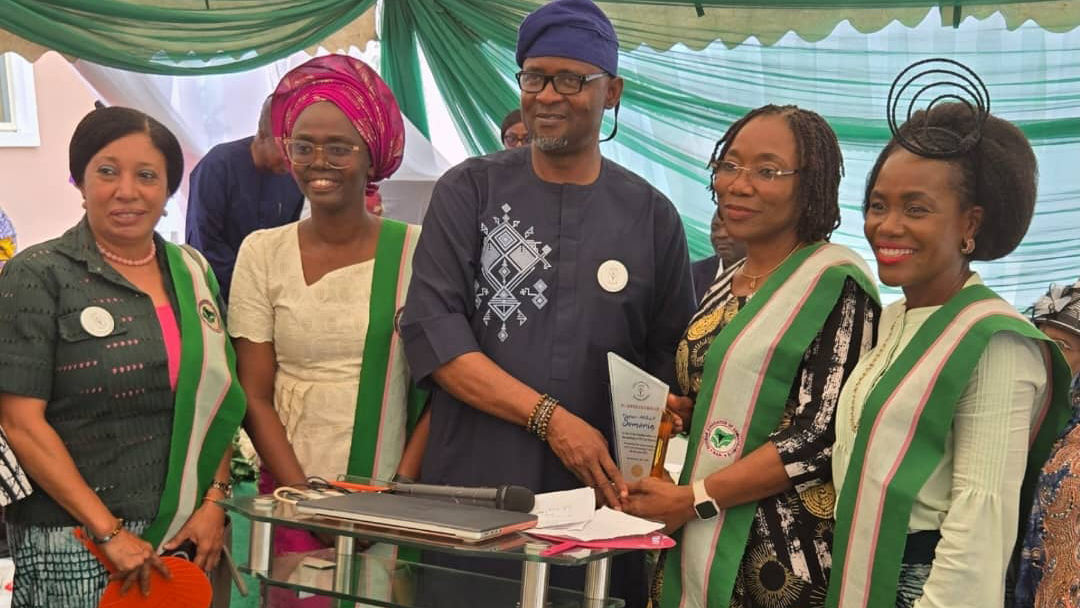Stakeholders in international law have called for the urgent development of clear and comprehensive policies on inclusive green growth to ensure progress in advancing the United Nations Sustainable Development Goals (SDGs) in Nigeria and beyond.
This recommendation was made at the International Conference on Environmental Law, Governance and Sustainable Development organised by the Nigerian Branch of the International Law Association (ILA).
ILA is in partnership with the Institute for Oil, Gas, Energy, Environment and Sustainable Development (OGEES Institute), Afe Babalola University Ado Ekiti (ABUAD), and the Green Institute, Nigeria to commemorate the 50th anniversary of the first global environmental conference held in Stockholm, Sweden in 1972.
The programme is themed, “Climate Change, Energy Transition and Looking Beyond the Earth’s Future: The Role of Stakeholders in Sustaining International Environmental Rule of Law.”
The conference featured three keynote lectures from global sustainability experts: Professor Nilufer Oral, a member of the United Nations International Law Commission; Professor Patricia Kameri-Mbote, the Director of the Law Division of the United Nations Environment Programme (UNEP); and Professor David Boyd, the United Nations Special Rapporteur on Human Rights and Environment.
The keynote lectures were followed by panel discussions featuring the Director General of the Nigerian Institute of Advanced Legal Studies, Professor Muhammed Tawfiq Ladan; Dr. Markus Gehring, Director, Centre for European Legal Studies (CELS), University of Cambridge, United Kingdom; Dr. Adenike Akinsemolu, Director of the Green Institute; Dr. Jason McSparren, the Vice President of the Green Institute; and Dr. Emem Anwana, Research Coordinator, Durban University of Technology, South Africa and other expert panelists.
There was also a debate contest between students of the University of Benin and ABUAD.
However, the Chairman of the Conference Planning Committee, who is also Global Vice Chair of the International Law Association, Professor Damilola S. Olawuyi (SAN) said: “This year’s conference is a timely wake up call for stakeholders, especially leaders in business, government, academic, economic, and financial spheres, to sharpen their understanding of the contours of policy reforms needed to accelerate safe, orderly, and inclusive low-carbon transition and green growth.”
Olawuyi said the way forward is to integrate green growth norms into all aspects of decision-making, financial planning and project due diligence.
He said: “This includes dismantling barriers to gender justice, empowering regulatory agencies to better perform their oversight functions, and promoting a strong business and human rights culture in all key economic sectors.”
On his part, the President of the Nigerian Branch of the ILA, Professor Fidelis Oditah (SAN), noted that membership of the ILA is open to anyone, including lawyers and non-lawyers, interested in international law.
He commended the conference organising committee for their tireless effort and commitment in advancing the study and understanding of international law in Nigeria.
The ILA was founded in Brussels in 1873. The ILA now has some 4,500 members in 45 national and regional branches around the world.
It is headquartered in London under the leadership of the global chair, Professor Christine Chinkin.
The Nigerian Branch of the ILA regularly hosts innovative lectures, seminars, conferences, and other capacity development programmes to advance the study and understanding of international law in Nigeria.






